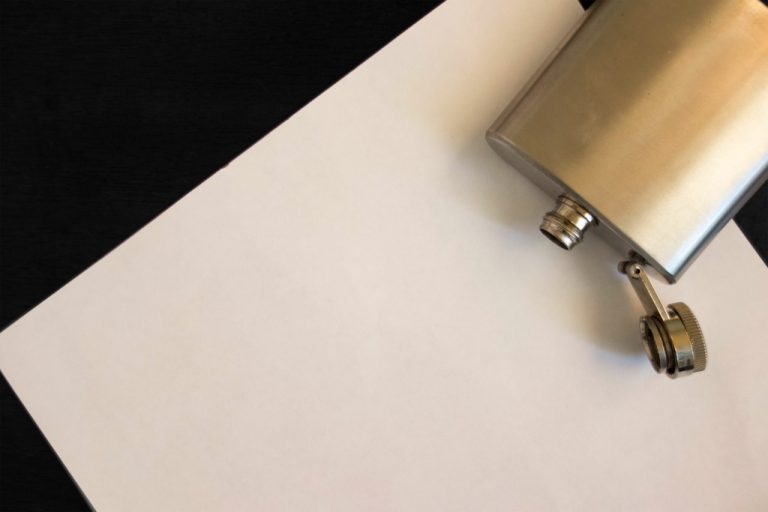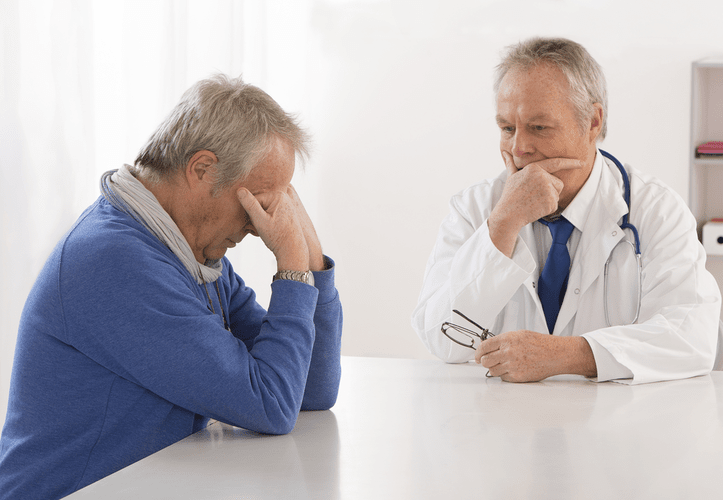Collectively, these independent findings are consistent with the mutual-maintenance model of comorbid anxiety and AUDs. Furthermore, to date no studies have empirically tested these dynamic and interactive factors in a longitudinal model. Thus, the status of the science underpinning the mutual maintenance hypothesis at this time only yields indirect agreement. All our psychiatrists (and all psychiatrists in general) are medical doctors with additional training in mental health. In order to find out which medications might be appropriate, they need to conduct a full evaluation.
How can I lower my cancer risk?
These feelings can naturally increase overall feelings of anxiety in daily life. When you experience alcohol-induced panic attacks, this cycle can become even more frightening and potentially result in a long-term panic disorder. However, evidence shows that there is a direct link between alcohol and panic attacks. When we reach for alcohol in an effort to calm the symptoms of anxiety Sober House and panic, we can become trapped in a vicious cycle that may eventually lead to a physical or psychological addiction. Also, the concept of causation among co-occurring conditions may be based on an incorrect assumption. Rather than two distinct conditions, each requiring a cause, negative affect and alcohol misuse may be parts of a single, neurobiological-behavioral syndrome.
The Link Between Delirium Tremens And Anxiety During Alcohol Withdrawal

However, the analysis also showed virtually no relationship between risk for alcohol dependence and the unique components of those diagnoses. These findings are inconsistent with the idea that each anxiety disorder has a unique association with the risk for alcohol misuse. Instead, the results suggest that all anxiety and mood disorders contribute to general negative emotionality, which, in turn, correlates with the risk for alcohol dependence. It’s common for people with social anxiety disorder to drink alcohol to cope with social interactions.
- Excessive intake of other drugs and food, including caffeine and sugar, may also be triggers.
- If you think you are having panic attacks, seek evaluation with your doctor or a mental health professional.
- For every drink you have, you urinate as much as 50% to 100% more water, and this water is taken from other parts of the body.
- These avoidant behaviors start to negatively impact your job, relationships, hobbies, and overall well-being.
The Common-Factor Model
- We personalize your treatment based on evidence-informed research, exceptional psychotherapy, nutritional support, and integrative healing methods designed to treat your whole body.
- As well as being an unhealthy coping mechanism, cases of alcohol-induced panic attacks prove that alcohol can actually be the cause of anxiety and panic rather than the cure.
- Therefore, clients in CBT who also have social anxiety may particularly benefit from additional practice with assertiveness, perhaps including adjunctive social-skills training.
- This review broadens the psychiatric perspective on the association between diagnosable alcohol and anxiety disorders to include the psychological/learning and neuroscientific disciplines.
- It is also recommended that you consult your GP if you are concerned that you have a drinking problem.
- Although the specific cues differ, application of exposure for each disorder generally involves repeated presentation of feared stimuli until the patient has become used to them (i.e., habituation is reached), resulting in extinction of the fear response.
This information was published by Bupa’s Health Content Team and is based on reputable sources of medical evidence. It has been reviewed by appropriate medical or clinical professionals and deemed accurate on the date of review. https://wyomingdigest.com/top-5-advantages-of-staying-in-a-sober-living-house/ Photos are only for illustrative purposes and do not reflect every presentation of a condition. Because alcohol affects GABA, an inhibiting neurotransmitter in the brain, it does make a person feel calmer at first.
- But if you’ve had recurrent, unexpected panic attacks and spent long periods in constant fear of another attack, you may have a condition called panic disorder.
- It is also important to check whether you feel able to take a break from alcohol and look out for the warning signs of a drinking problem.
- However, very little cross-communication has occurred among these disciplines.
- If you can’t cut down on drinking despite recurring panic attacks or anxiety hangovers, then it would be a good idea to look into getting help.

Understanding these parameters could make a valuable contribution toward using the stress system as a recovery biomarker. And Mr. B had experienced their first panic attacks 1 month after abrupt cessation of alcohol abuse. They had no history of panic attacks during or immediately after the alcohol abuse period. Had used alcohol to relieve his anxiety after the onset of panic disorder symptoms. Alcohol withdrawal in chronic alcohol use is reported to enhance noradrenergic activation and increase the likelihood of experiencing panic attacks in neurodevelopmentally vulnerable individuals.
